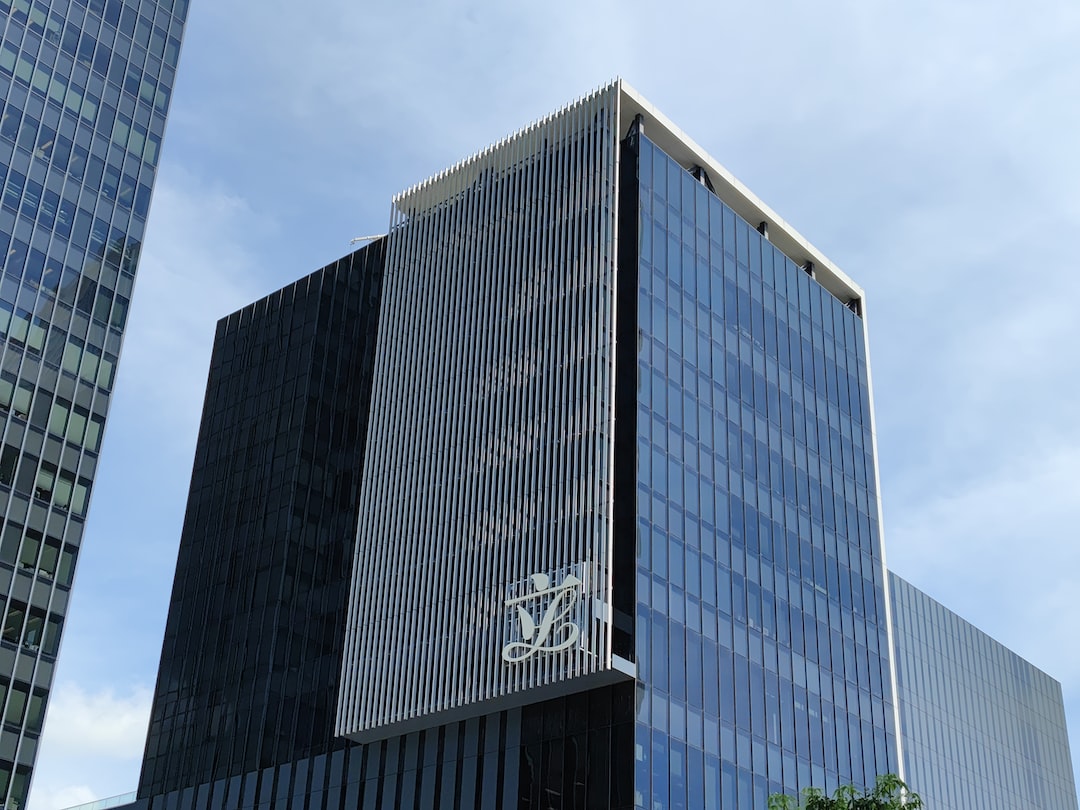
The impact of social media on freedom of speech and defamation laws
Share0Social media has become an integral part of our lives. It has given us the power to express ourselves freely and share our thoughts with the world. While social media has been criticized for its addictive nature and the spread of fake news, it has also been credited for connecting people across the world. However, with the rise of social media, there has also been a lot of debate on how it has impacted freedom of speech and defamation laws.
Freedom of speech is a fundamental right that allows individuals to express their opinions and thoughts without fear of censorship. Social media platforms have made it easier for individuals to exercise their right to free speech. In the past, it was difficult for individuals to reach a large audience, and traditional media channels were controlled by a few powerful organizations. Social media has given everyone a voice, and it has become a powerful tool for activism and social change.
However, there has been a growing concern that social media companies are controlling how people express themselves. Social media companies have been accused of censorship and suppressing posts that do not align with their political views. For example, YouTube has been criticized for demonetizing videos that are deemed controversial, and Twitter has been accused of shadow banning users who express conservative views. This has led to concerns that social media companies are infringing on individuals’ right to freedom of speech.
Social media has also made it easier to spread false information. In the past, it was difficult for false information to spread beyond a small group of people. However, with social media, false information can go viral within seconds. This has led to concerns about the impact of social media on democracy and the potential for fake news to influence public opinion.
Defamation laws are another area of concern. Defamation is the act of damaging the reputation of an individual or entity by making false statements. With social media, it has become easier for individuals to defame others. Social media platforms have made it possible for anyone to create content that can be seen by millions of people. This means that individuals who make defamatory statements can quickly and easily spread false information.
Defamation laws were created to protect individuals from false statements that could harm their reputation. However, there is a concern that these laws may be used to stifle free speech. For example, politicians and public figures have used defamation laws to silence their critics. This has led to debates about the balance between free speech and protecting individuals’ reputations.
Social media has made it possible for individuals to speak their minds and express their opinions. However, it has also raised concerns about the impact of social media on freedom of speech and defamation laws. Social media companies have been accused of censoring content that does not align with their political views. This has led to concerns that social media companies are infringing on individuals’ right to free speech.
False information has also become easier to spread with social media. This has led to concerns about the impact of fake news on democracy and the potential for false information to influence public opinion. Defamation laws have been used to protect individuals from false statements that could harm their reputation. However, there is a concern that these laws may be used to stifle free speech.
To address these concerns, some social media companies have implemented policies to combat fake news and hate speech. For example, Facebook has partnered with fact-checking organizations to identify and flag false information. Twitter has removed accounts that spread hate speech and has introduced a feature that allows users to report tweets that violate its policies. These efforts have been applauded by some as a step in the right direction, but criticized by others who say that social media companies should not be the ones deciding what is acceptable speech.
In conclusion, social media is a double-edged sword when it comes to freedom of speech and defamation laws. While it has given everyone a platform to express their opinions and connect with like-minded individuals, it has also given rise to concerns about censorship, fake news, and defamation. Social media companies have a responsibility to ensure that their platforms are not used to spread false information or harm individuals’ reputations. However, they must do so without infringing on individuals’ right to free speech. It is a fine balance, and one that will continue to be debated as social media continues to evolve.
